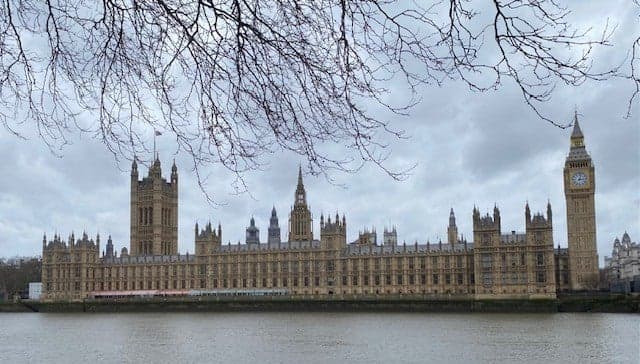Chancellor resists pressure to rule out wealth tax
Economic Affairs Committee members pressed the Chancellor on levels of taxation and future plans during a session on 22 July. The Chancellor emphasised that her focus is on growing UK GDP so tax can be brought down without cutting public services.

Levels of taxation
Lord Blackwell (Con) noted current high levels of taxation and asked the Chancellor for her view on sustainable taxation levels.
Rachel Reeves, the Chancellor, referenced the Office of Budget Responsibility (OBR) forecast that tax will be 38% of GDP by the end of this Parliament: “That is not a target, but it reflects the fiscal rules… The anchors for fiscal policy are those two fiscal rules, rather than a tax-to-GDP ratio.” She said that her focus is on growing GDP to reduce this ratio without cutting public services.
Wealth tax
Lord Lamont of Lerwick (Con), a former chancellor, asked whether the current chancellor would rule out a wealth tax.
Reeves replied by emphasising her commitment not to raise income tax, national insurance or VAT. She said that tax policies would be set out at Budget time, adding: “You will know from your own experience that if you start saying no to other taxes, as soon as you do not say no, people will assume that is the one you are going to increase”.
Employer national insurance contributions (NICs)
Lord Razzall (Lib Dem) asked about the impact of the NICs increase on employment and inflation. “Did the Treasury model the affected changes before you introduced them,” he asked.
The Chancellor began by defending the increase, blaming the previous government's “unfunded spending commitments” for the need to do so. She said the OBR’s modelling was the place to look for the impact of policies, adding: “you cannot look at individual policies on their own; you have to look at what the alternatives were, and they would have been an awful lot worse.”
Beth Russell, Second Permanent Secretary at the Treasury, added that the government “work very closely with the OBR on what its assumptions are on the impact on employment… [W]e also did sectoral analysis. As the Chancellor said, a lot of that is also looking not at individual measures but at the cumulative impact of those across the piece.”
Tax devolution
Lord Liddle (Lab) enquired about devolving tax powers to mayoral and combined authorities, for example, “a hotel tax which might raise money for local cultural investment”.
The Chancellor responded that at the last spending review, the government announced the rolling out of integrated settlements to five new combined authorities from 2026-27. Beth Russell added that the devolution white paper extends some of the existing tax powers that mayors have to all mayors.
Fiscal rules
Lord Burns (Con), a former Treasury permanent secretary, asked how much headroom the Chancellor thought needed to be built into the figures “to make sure that we can actually stick to these rules and do not get derailed by changes that we cannot foresee at this moment”.
“If the question is, “Would you like to have more headroom?”, yes, of course we would like to have more headroom,” replied the Chancellor. But, she added, “there is a cost to more headroom and that is either less spending in a world where there are huge pressures on our public services, or more taxes”. She said that the government has increased headroom to £10 billion and emphasised her commitment to one major fiscal event per year to provide greater certainty.
You can read the full transcript here.
